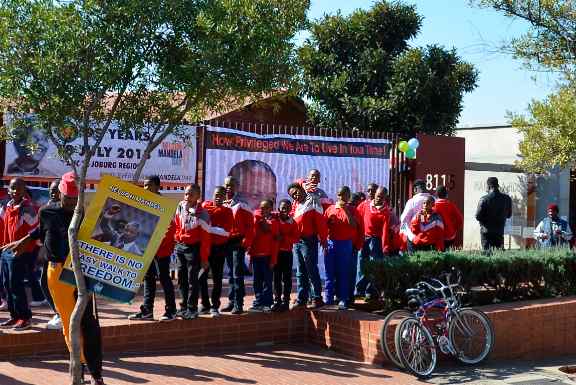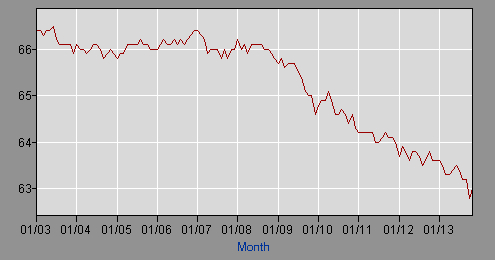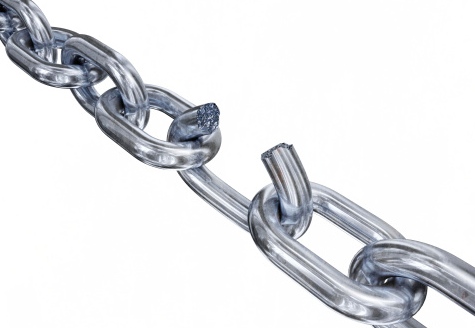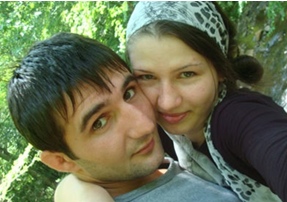So Pope Francis, the new pope who has conservative American Catholics, particularly those in politics and the media, freaked out because he is criticizing capitalist greed, knows Marxists who are “good people,” and isn’t upset to be labeled one of them, even though he says “Marxist ideology is wrong.”.
That’s quite a lot for many Americans to swallow. For someone like Rush Limbaugh or Fox commentator Andrew Napolitano, it must feel like the world is collapsing. A “Marxist” pope! How could God allow such a thing!
Part of the problem is that Americans don’t even know what Marxism is. The pope made his remarks on the subject in Italy, to the newspaper La Stampa. Italians, who are busy organizing increasingly massive “pitchfork” demonstrations in cities across their country, and are calling on police and soldiers to take off their helmets and join them in bringing down their country’s corrupt government, have greeted his remarks with a collective yawn.
After all, many of Italy’s largest urban areas have been governed on and off, and sometimes for generations, by Marxists of one stripe or another — even by the dreaded Communist Party itself, which, of course, in Italy has long been something quite different from the Stalinist party that Americans have been trained to imagine when they hear the word. Such “red” municipal governments have been elected over and over by the Italian public because they tend to do a better job, are less corrupt, and try to do what New York City’s new left-leaning Mayor Bill de Blasio says he wants to do: reduce the wealth gap in his city, and do more to help its poorest residents.
Americans, thanks to decades of overt, blatant propaganda in our schools and our media, don’t know that Marxism is a philosophy, a school of thought, an economic and social theory, not a political party. Even the pope got that partially wrong. There is an ideology of Marxism too, but that’s something else again. Marxism, as developed by the man who lent the theory its name, Karl Marx, and his colleague and friend Friedrich Engels, is really a way of thinking, a form of analysis. It posits a few important things. One is that economic relations are a key driver of history. The other is the concept that each new development in history or in social or economic relations contains within itself the seeds of resistance or, ultimately, its own destruction.
 Model for the US?: In Italy, a growing mass Pitchfork Movement is seeking to overthrow the Italian government.
Model for the US?: In Italy, a growing mass Pitchfork Movement is seeking to overthrow the Italian government.









